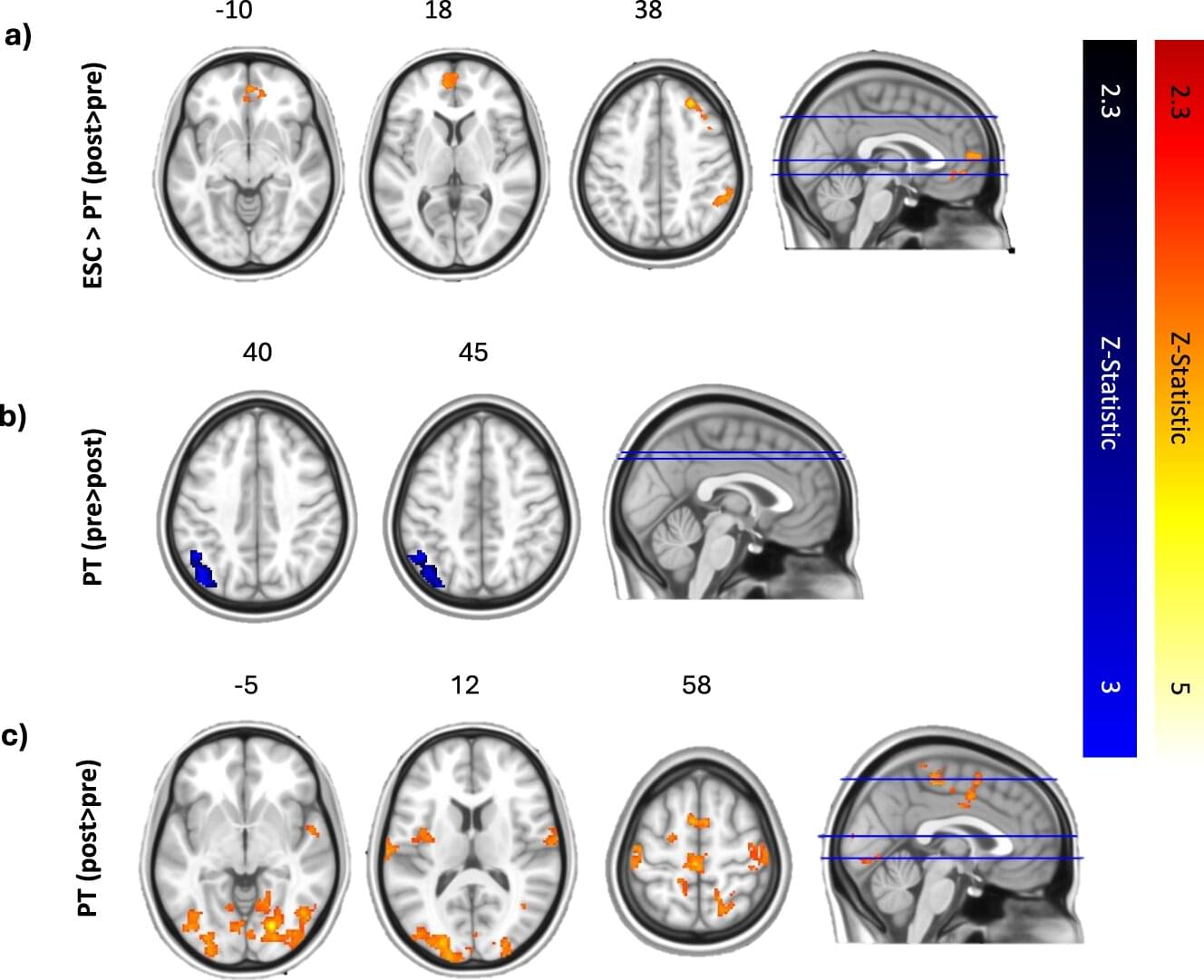As you glide through the neon-lit streets high above the city, this ambient music will help you find tranquility and peace. Whether you’re looking for relaxation stress relief, focus music for studying, or sleep music to unwind at night, this atmospheric soundtrack will transport you into a cyberpunk dreamscape.
Perfect for working, studying, or simply relaxing after a long day, the calming ambient music and distant city noises create a stress-free environment that helps you unwind and reconnect with your thoughts.
✨ Allow the futuristic sounds and gentle dark ambient vibes to provide relaxation stress relief, and guide you into a peaceful state for deep focus or restful sleep. ✨
💜 Don’t forget to like, subscribe, and hit the bell for more cyberpunk & space ambiance! 🎧
🎼 Music by Gwen Rice.

